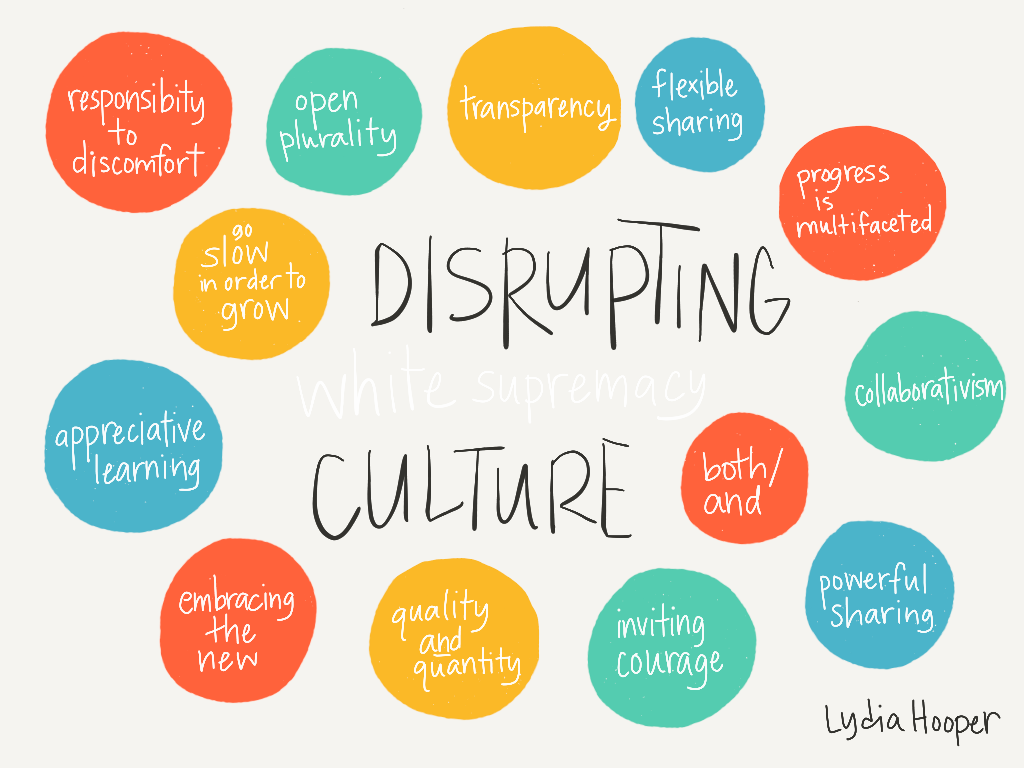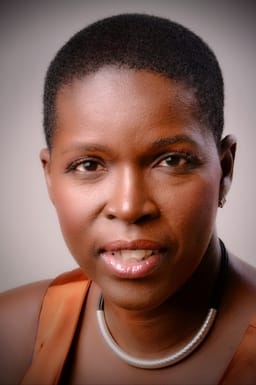Societal Benefits of Slowness
Part III: Breaking Free From the Status Quo
🤓 Bite-Sized Knurd: Slowing down to be more reflective helps not only you, but society at large. When we are more introspective and align our choices with our values, we are more likely to spread that vision to the rest of society.
In Case You Missed It: Slowness & Introspection
Read on for more…
We’ve talked about how living a slower life can be a personal antidote to the hectic lives that society asks us to lead.
But slowness is not only a personal benefit, but a societal good.
In the rat race of life, it’s easy to hustle through your day on auto-pilot. You are doing all the things: picking up the kids from school, giving the presentation at work, buying stuff. But you’re just going through the motions.
By constantly running on urgent mode, you’re more likely to make poor decisions or react in anger or frustration. Expand that out to society and you have a lot of people walking around like the red-faced emoji 😡.
Slowness allows us to be introspective to better know ourselves, the world around us, think more critically, and make decisions reflective of our values.
Urgency Maintains the Status Quo
In the last year, I joined the board of a political organization with a mission to champion intersectional feminism.
I learned a lot from my experience.
Without getting into details, the organization was run with a continuous sense of urgency. When elected officials made statements, we jumped to respond and project our views. Urgency was in the name of establishing the organization. The faster you get your statements out, the more influential your organization was so it is said. Not only did it wear out many of the board members, but it kept the organization divided without a clear sense of direction other than making statements.
This experience helped me learn firsthand how urgency and a perfectionist culture can directly oppose a progressive organization’s mission.
Without time and introspection, we could not align on what intersectional feminism means. Does it mean that we need more black, brown, and LGBTQ+ women in office? Or does it mean that we need more progressive voices in office who are going to advance policies that support intersectional feminism and marginalized communities?
It’s a little of both, but when you’re in urgent mode, you can’t stop to think how those two ideas are different.
As the creator of intersection feminism, Kimberlé Crenshaw, has said, there is a difference between “who is standing up there” and “what they are saying.”
“You can be a woman of color or a queer woman and not necessarily have an intersectional analysis and you can be a white woman or a man of color and have an intersectional analysis.” -Kimberlé Crenshaw
This is just a small snapshot of how urgency culture can be counter to progressive ideals, but an important one as it happens far too often in many corporations and left-leaning organizations.
And organizations are made up of people, which is why it is so important that we individually and collectively push back against an urgency model to advance progressive values.

Find your inner truth
After you get into the practice of slowing down, you can be more introspective and learn how urgency culture has shaped your decisions.
This week’s assignment is to explore your truth and how that relates to how you’re living your daily life.
- What about your daily life fits with your values and what do you do just because it’s done?
- What decisions have you made recently that was due to a sense of urgency? Did you feel like it was a decision you would have made in a different circumstance?
- How could you change something about your day to fit more with your values?
Next Up
the roots of change media Newsletter
Join the newsletter to receive the latest updates in your inbox.




